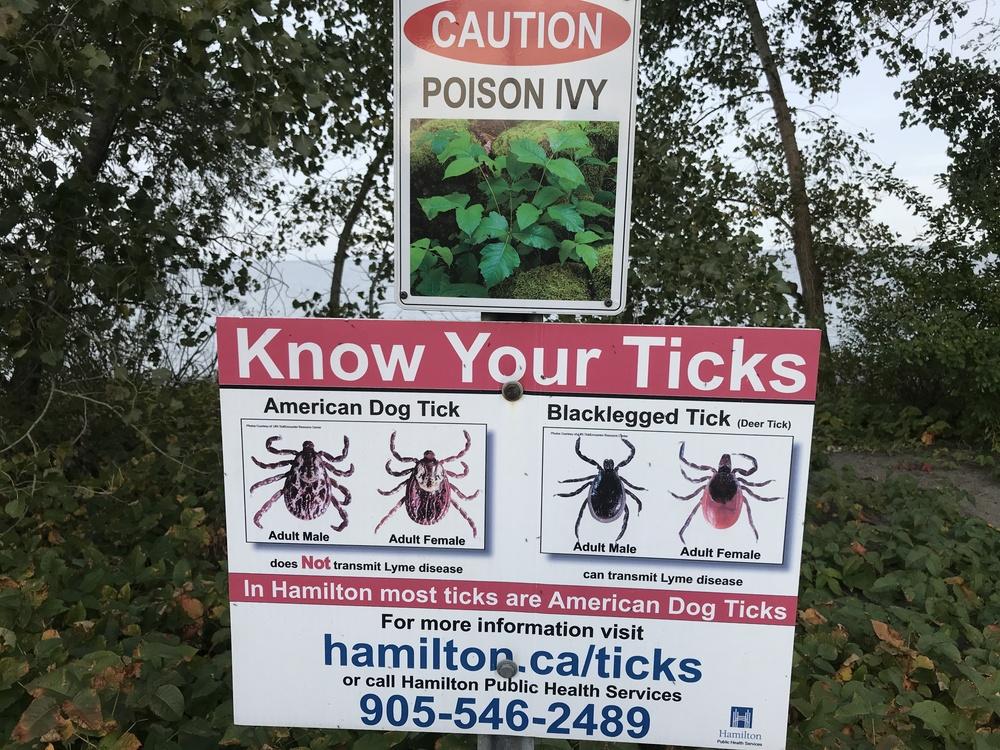Stephen Colbert has a routine where he asks celebrities a bunch of questions, one of which is "What is the scariest animal?" Here is George Clooney answering incorrectly. No, it is not "hippo". Sorry. The correct answer, which I have been attacked by in George’s hometown, is: tick. We’ll come back to ticks, which are very scary animals indeed.
For some reason the New York Times has put out a very long article on the long term effects of Covid19.
And then on the same day, they put out an even longer article on the same topic. (By the way, quick tip, I just do a Ctrl-a and copy the entire article into the clipboard and paste it somewhere sensible. Because I’m not interested in playing paywall games with links. If you let a search engine read it, you’ll let me read it.)
Really, that one is impressively long — so long that I could easily imagine that people with the malady they describe could easily get fatigued by reading it. I’ve been in training for reading such long articles for a while so I made it through both. And they were pretty interesting.
One bit I found very interesting in the first article was this mention of everybody’s favorite Covid19 spokesman.
In early December, the National Institutes of Health held its first workshop on long Covid, saying it posed a looming crisis and needed to be taken seriously as a syndrome. Dr. Anthony S. Fauci, the nation’s top infectious-diseases expert, told a crowd of medical researchers, doctors and public-health officials that even if long Covid affected a small proportion of the millions of people infected with the virus, it is "going to represent a significant public-health issue."
Yup. I’ve been saying this for a long time. Let me share with you an excerpt from an email I sent to the brilliant economist, Tyler Cowen, on 2020-10-19.
But as an early adopter of C19 …, I can tell you - there can be long term effects.
It may be that they all clear up for everyone who suffered in a year or two. Who knows? But consider this — if I’m (effectively) operating at 3000m altitude some days and a lot of other people are too, I worry that it will not be negligible to general productivity. That kind of fatigue is not easy for mountaineers and it’s not going to be easy for normal people. Let’s hope there was plenty of productivity slack in our civilization!
So that’s fun. Good luck to everyone.
Back to ticks… In 2018 I described ticks like this.
I’d say the biggest buzzkill for the whole area is Borellia. Borellia is a kind of bacterium that causes Lyme Disease. If you think it’s a pain for humans, these poor arachnids are now even more reviled than they used to be.

In that second very long NYT article I found it quite interesting that lingering Covid19 symptoms seem quite similar to Lyme disease.
A similar argument over what drives chronic symptoms — persistent infection versus lingering inflammation from a past infection — appears prominently in the study of Lyme disease. Some people infected with Borrelia burgdorferi, the tick-borne bacterium that causes Lyme, fail to recover even after antibiotic treatment. Patients may refer to this illness as "chronic Lyme disease," but doctors prefer to call it "post-treatment Lyme disease syndrome," because they’re not sure an infection is still really there. As in ME/CFS research, the debate over the root cause of this post-Lyme illness has for years polarized the field.
There are other similarities as well. The Lyme problem is underrecognized but immense. Every year, an estimated 329,000 people are infected by B. burgdorferi. About 10 percent of those treated with antibiotics develop lasting symptoms, including fatigue, pain and occasionally nervous-system conditions like dysautonomia — heart rate, blood pressure and other basic bodily functions in disarray. It appears to strike women more than men, it has long been dismissed as psychological and the long-term illness is often judged worse than the acute infection.
That’s like finding out that sharks can now travel all the same places as squirrels. Great.
People who know me know my strong affinity for being outdoors is tempered by a real concern about ticks and Lyme disease. It is therefore somewhat ironic that I seem to have acquired some very similar symptoms to Lyme disease while being so cautious about it.
The good news is that the massive exposure Covid19 is rightly having may promote research that is mutually beneficial for not just Covid19 symptoms but other similar diseases with long term symptom profiles. Any help we provide those suffering with Lyme disease would be a real silver lining to our current calamity.